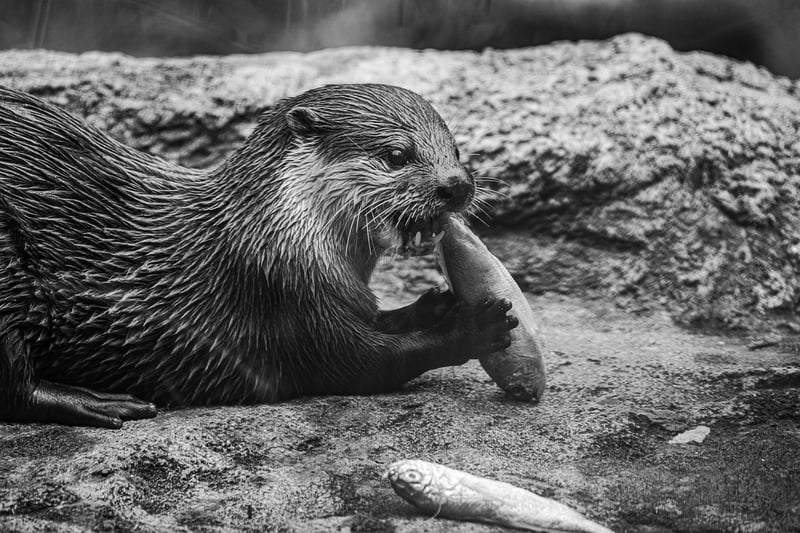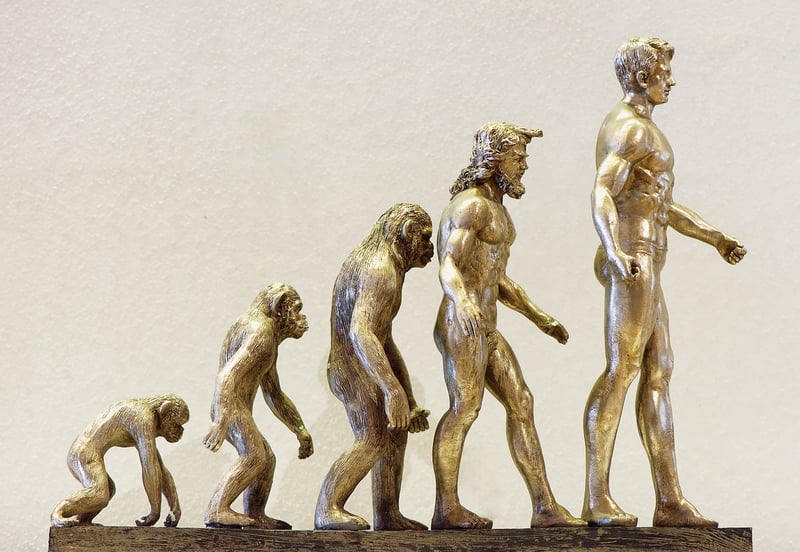Evolution of Cuisines
Exploring the Roots of Food Culture and the Evolution of Cuisines
Food is an integral part of human culture, reflecting traditions, history, and social interactions. The evolution of cuisines around the world is a fascinating journey that has been shaped by a variety of factors including geography, climate, trade, and cultural exchange.
The Early Beginnings
Food culture dates back to ancient times when early humans relied on hunting and gathering for sustenance. As societies evolved, agriculture emerged, leading to the cultivation of crops and domestication of animals. This shift laid the foundation for settled communities and the development of distinct culinary traditions.
Global Influences
Throughout history, the movement of people, goods, and ideas has played a significant role in shaping food cultures. Trade routes such as the Silk Road facilitated the exchange of spices, ingredients, and cooking techniques between different regions, resulting in the fusion of flavors and the birth of new dishes.
Colonialism and Migration
Colonialism and migration have also had a profound impact on food cultures. European colonial powers introduced new foods to their colonies, leading to the integration of foreign ingredients into local cuisines. Similarly, migration patterns have brought diverse culinary traditions to new lands, creating a rich tapestry of flavors.
Modern Trends
In the modern era, globalization and technological advancements have further transformed food cultures. The rise of fast food chains, food delivery services, and social media influencers has influenced eating habits and preferences worldwide. However, there is also a growing movement towards sustainable, locally sourced ingredients and traditional cooking methods.
Embracing Diversity
Today, food culture is celebrated for its diversity and the stories it tells about communities and their histories. From street food stalls to Michelin-starred restaurants, cuisines continue to evolve as chefs and home cooks experiment with new flavors and techniques, honoring the past while embracing innovation.
Conclusion
The roots of food culture run deep, connecting us to our ancestors and to people across the globe. By understanding the evolution of cuisines, we gain insight into the complex interplay of factors that have shaped the foods we love to eat. So, let's savor each bite and appreciate the rich tapestry of flavors that make up our world's diverse culinary landscape.



